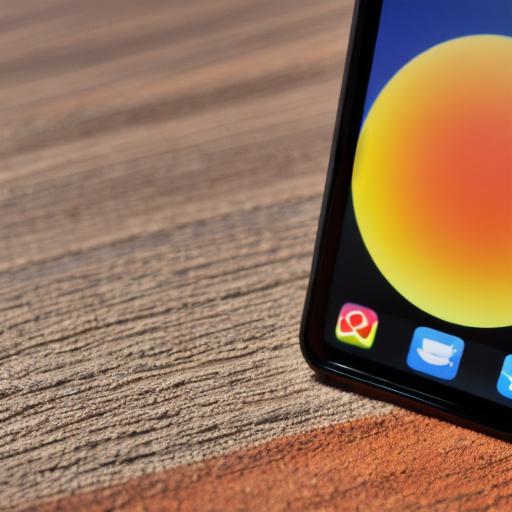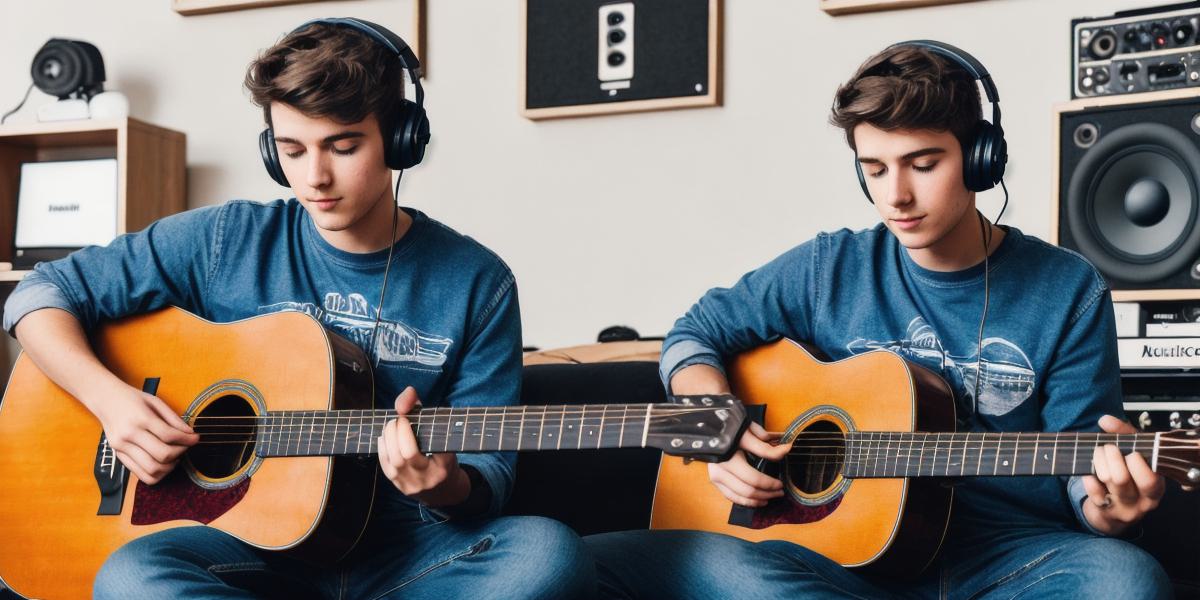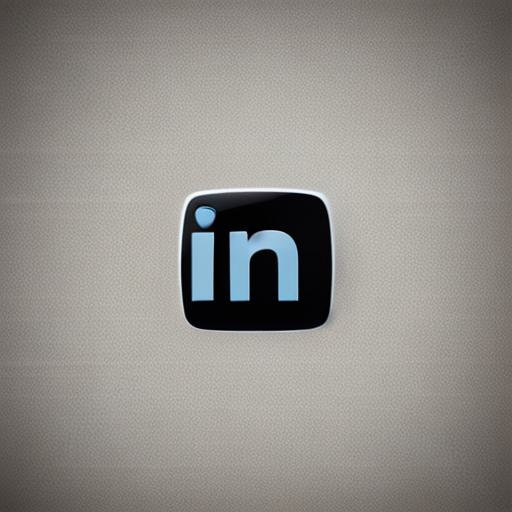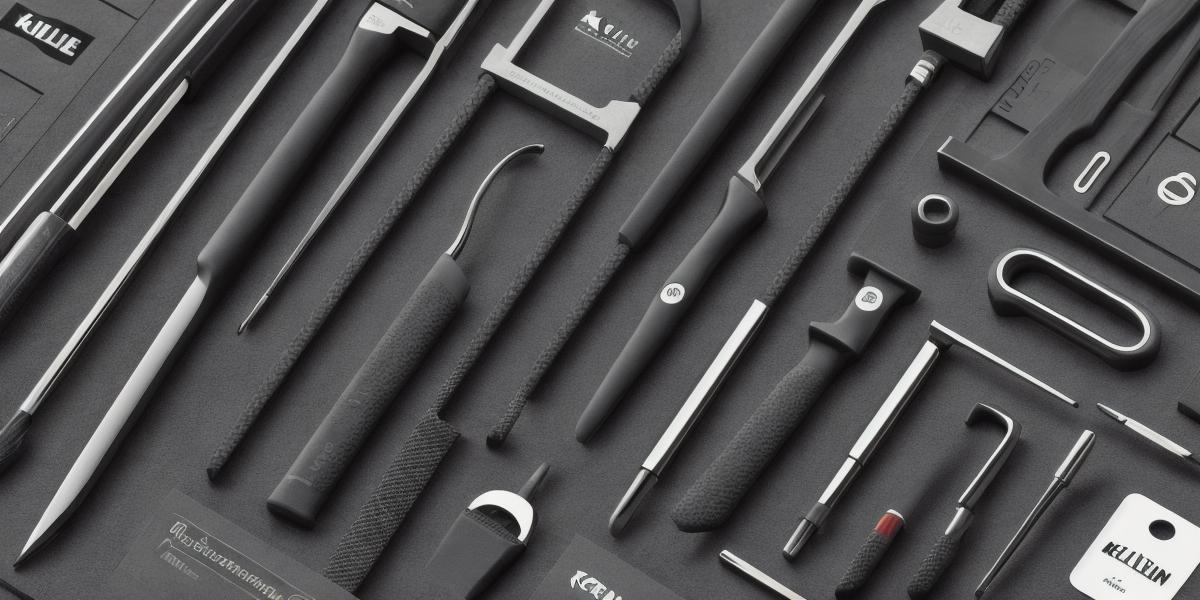Marketing music online has become an essential aspect of building a successful music career. With so many options available, it can be overwhelming to decide which tools will work best for you. In this comprehensive guide, we’ll explore the best marketing tools for promoting music online, including SEO, social media, email marketing, and more.
1. Social Media Marketing
Social media platforms have become an integral part of any successful music marketing strategy. With billions of active users, social media platforms such as Facebook, Instagram, Twitter, and YouTube provide a unique opportunity to connect with your target audience.
Facebook is one of the most popular social media platforms in the world, making it an ideal place for musicians to promote their music. With features like videos, photos, and posts, Facebook allows you to share your music and connect with your fans. You can also use Facebook ads to reach new audiences who are interested in your genre.
Instagram is another popular social media platform that’s perfect for visual content. With features like Instagram stories, IGTV, and reels, Instagram provides a unique opportunity to showcase your music in a creative way. You can also use Instagram ads to target specific demographics and reach new audiences.
Twitter is an ideal place to share news and updates about your music. With its focus on real-time information, Twitter allows you to keep your followers up-to-date with your latest releases, tour dates, and merchandise. You can also use Twitter polls to engage with your audience and gather feedback.
YouTube is one of the most popular video-sharing platforms in the world. With YouTube, you can share music videos, live performances, and behind-the-scenes content. YouTube also allows you to monetize your videos through ads and merchandise sales.
1. Email Marketing
Email marketing is a powerful tool for reaching out to potential fans and building relationships with existing ones. With email marketing, you can send personalized messages directly to your audience, promoting your music and upcoming events.
To build an email list, you’ll need to offer something valuable in exchange for people’s contact information. This could be a free song download, exclusive content, or access to special promotions.
Once you have an email list, you can use it to promote your music and upcoming events. You can send newsletters with updates about your music, tour dates, and merchandise sales. You can also use email marketing to offer exclusive discounts and promotions to your email subscribers.
1. SEO Optimization
Search engine optimization (SEO) is the process of optimizing your website and online content to rank higher in search engine results pages (SERPs). With so many people searching for music online, optimizing your website for search engines can help you attract more traffic and fans.
To optimize your website for search engines, you’ll need to focus on keywords related to your music. This could include your name, band name, genre, and location. You can also use meta tags, alt tags, and other optimization techniques to improve your website’s visibility in search results.
One example of a musician who has successfully optimized their website for search engines is Taylor Swift. With a focus on keywords related to her music and career, Taylor has been able to rank highly in search engine results pages for years.
1. Influencer Marketing
Influencer marketing involves partnering with influencers in your industry to promote your music to their followers. With the rise of social media, influencer marketing has become an essential aspect of any successful music marketing strategy.
To find influencers who can help promote your music, you’ll need to research influencers in your genre and niche. Look for influencers with a large following and a high engagement rate. You can also use platforms like Influencer.co or HypeAuditor to find influencers who are a good fit for your music.
Once you’ve found an influencer who can help promote your music, you’ll need to reach out to them and negotiate terms. This could include a free song download, merchandise giveaway, or sponsored post on their social media platforms.
1. Paid Advertising
Paid advertising is another powerful tool for promoting music online. With paid advertising, you can target specific demographics and reach new audiences who are interested in your genre.
There are several types of paid advertising options available, including Google Ads, Facebook Ads, Instagram Ads, and Twitter Ads. Each platform has its own unique features and benefits, so it’s important to choose the right platform for your music career.
For example, if you want to target people who are searching for specific keywords related to your music, Google Ads may be the best option. If you want to target people on social media platforms, Facebook and Instagram ads may be more effective.
1. Collaborations and Features
Collaborations and features are a great way to expose your music to new audiences. By collaborating with other musicians or featuring your music on someone else’s platform, you can reach new fans who may not have found your music otherwise.
To find collaboration opportunities, you’ll need to research other musicians in your genre and niche. Look for musicians who are active on social media platforms and have a large following. You can also use platforms like SoundCloud or TuneIn to find collaborators and feature opportunities.
1. Merchandise Sales
Merchandise sales are another way to generate revenue from your music career. By selling merchandise like t-shirts, hats, stickers, and other items related to your music, you can earn additional income and build brand awareness.
To sell merchandise effectively, you’ll need to design high-quality products that reflect your music style and brand. You can also use platforms like Spocket or Oberlo to source products from suppliers and fulfill orders.
1. Live Streaming
Live streaming is a great way to connect with your fans and promote your music in real-time. With live streaming platforms like Twitch, Facebook Live, and YouTube Live, you can stream live concerts, Q&A sessions, and other events directly to your followers.
To successfully live stream, you’ll need to choose the right platform for your music career and audience. You’ll also need to promote your live streaming events in advance to ensure that people know when and where to tune in.
1. Podcasts and Interviews
Podcasts and interviews are a great way to promote your music and build relationships with other musicians in your industry. By appearing on podcasts or giving interviews, you can reach new audiences and gain exposure for your music career.

To find podcasts and interview opportunities, you’ll need to research podcasts and blogs related to your music genre and niche. Look for podcasts and blogs that have a large following and a high engagement rate. You can also use platforms like Guest Post Title or Pitchfork to find podcast and interview opportunities.
Case Study: Drake’s Successful Music Career

Drake is one of the most successful musicians in the world, with a multi-platinum album discography and over 100 billion streams on Spotify alone. Drake’s success can be attributed to his ability to use a variety of marketing tools to promote his music and build his brand.
Social Media Marketing: Drake is known for using social media platforms like Instagram and Twitter to promote his music and engage with his fans. He regularly shares photos and videos from concerts and other events, as well as behind-the-scenes glimpses into his life.
Influencer Marketing: Drake has collaborated with a variety of influencers in the past, including Kanye West and Nicki Minaj. These collaborations have helped him reach new audiences and gain exposure for his music career.
Paid Advertising: Drake has also used paid advertising to promote his music and build brand awareness. He’s used Google Ads, Facebook Ads, and other platforms to target specific demographics and reach new audiences.
Merchandise Sales: Drake has a successful merchandise line, including hats, clothing, and accessories that reflect his music style and brand. He also sells concert tickets and VIP packages for his shows.
Live Streaming: Drake has used live streaming platforms like Apple Music Live to promote his music and connect with his fans in real-time. He’s also given live interviews on platforms like The Breakfast Club and Hot Ones to discuss his music and career.
Conclusion
Promoting music online can be a complex process, but by using a variety of marketing tools and strategies, you can build a successful music career. Whether you’re just starting out or a seasoned professional, there are always new opportunities to connect with fans and grow your brand. By focusing on keywords related to your music, collaborating with influencers, and using paid advertising, you can attract more traffic and fans to your music career.




